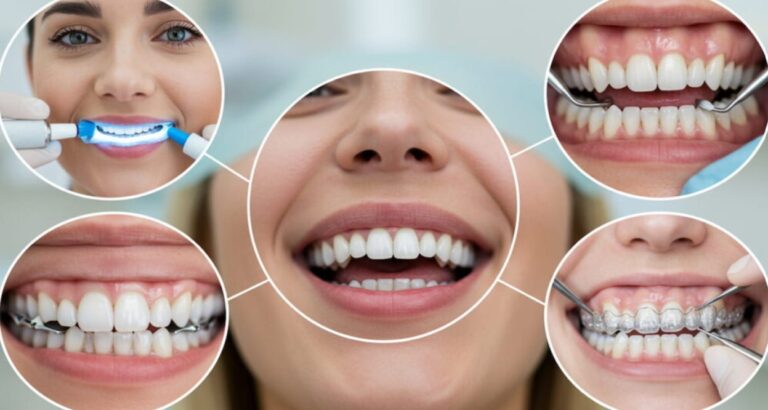
Plastic surgery focuses on repairing, reconstructing, or changing body parts. A plastic surgeon performs reconstructive or cosmetic procedures to restore function or appearance in patients. Here are a few frequently asked questions about plastic surgery:
What Is the Difference Between Cosmetic and Reconstructive Plastic Surgery?
A plastic surgeon performs cosmetic surgery to improve your appearance. The procedures include nose reshaping, lifting sagging skin, and breast enlargement. Reconstructive plastic surgery focuses on fixing body parts damaged by illness, injury, or congenital disabilities. The procedure aims to restore the normal function of the damaged areas. While cosmetic surgery can sometimes be elective, reconstructive surgery is often required for improved health and well-being.
Is Plastic Surgery an Outpatient Procedure?
Depending on the type and complexity, the surgical procedure may be inpatient or outpatient. Botox fillers and minor skin procedures are done in a clinic or office, and you can go home on the same day. For breast augmentation, facelifts, or tummy tucks, the surgery is more time-intensive and may take longer to complete. If the surgery is more extensive or you have other health concerns, you may need to stay at a hospital or clinic overnight. This allows the doctor to monitor your recovery and manage pain or complications.
Is Plastic Surgery Painful?
During the procedure, your doctor uses anesthesia to numb the area so that you don’t feel pain. Your doctor may recommend certain medications to help manage any feelings of discomfort afterward. Anti-inflammatory drugs help reduce swelling, nerve-calming medications block pain signals, and mild narcotics provide short-term pain relief. This combination helps keep pain low and minimizes nausea and drowsiness.
Do Scars Form After Surgery?
Dr. Frank Hsieh says that after plastic surgery, the body works to close the wound by producing new collagen, which creates scar tissue. The type of surgery and the wound’s healing process affect the visibility of the scar. To reduce scar formation, keep the area hydrated and avoid excessive UV exposure by limiting time spent in the sun. This may help your scars look softer, flatter, and less red.
Will My Face Freeze After Botox Injections?
An experienced plastic surgeon uses Botox only to relax specific muscles that cause wrinkles. The rest of your facial muscles, the ones for smiling or showing emotions, remain free to move naturally. The frozen face effect occurs when Botox is injected into the wrong muscles or used in excessive amounts. Your doctor avoids this by gradually targeting problematic spots instead of treating the whole face simultaneously. Research the plastic surgery clinic before scheduling your Botox injections to make sure they have experience providing natural-looking results.
Can Botox Make My Face Look Uneven?
Botox works by relaxing muscles; if one side of the face gets more of the product, it can weaken those muscles unevenly. Your surgeon can use Botox to correct facial unevenness when needed. This helps treat conditions where the face has stronger muscles on one side or conditions like Bell’s palsy that cause facial asymmetry. The surgeon adjusts the dose and placement to improve facial asymmetry and create a more balanced appearance.
Can Facial Fillers Move From the Injection Site?
Facial fillers are designed to stay in the areas where they are injected. They contain hyaluronic acid, which is naturally found in the skin, and helps the filler blend and lock into place. To avoid filler migration, avoid touching, rubbing, or pressing the treated area after the injection. If the filler moves after the procedure, the surgeon can fix the problem by dissolving the filler.
Also Read: When Is It Time to Consider Joint Replacement Surgery?
Will I Have Loose Skin After Liposuction?
When your doctor removes fat from your body, the skin tightens to fit the new shape underneath. If your skin has lost elasticity due to aging, weight fluctuations, or genetics, it may fail to tighten fully, resulting in saggy skin. The surgeon assesses your skin condition before the procedure to reduce the chances of loose skin. After surgery, you can wear compression garments to help the skin tighten properly as it heals. Get proper nutrition, regular exercise, and adequate hydration to support healing further.
Explore a Plastic Surgeon’s Services
A plastic surgeon performs cosmetic and reconstructive procedures on the face, skin, breast, and body. You can get surgery for cosmetic or reconstructive reasons, depending on your desired results. Careful plastic surgery also helps address issues like aging or skin defects. Contact a reputable plastic surgeon to learn more about the services they offer.








